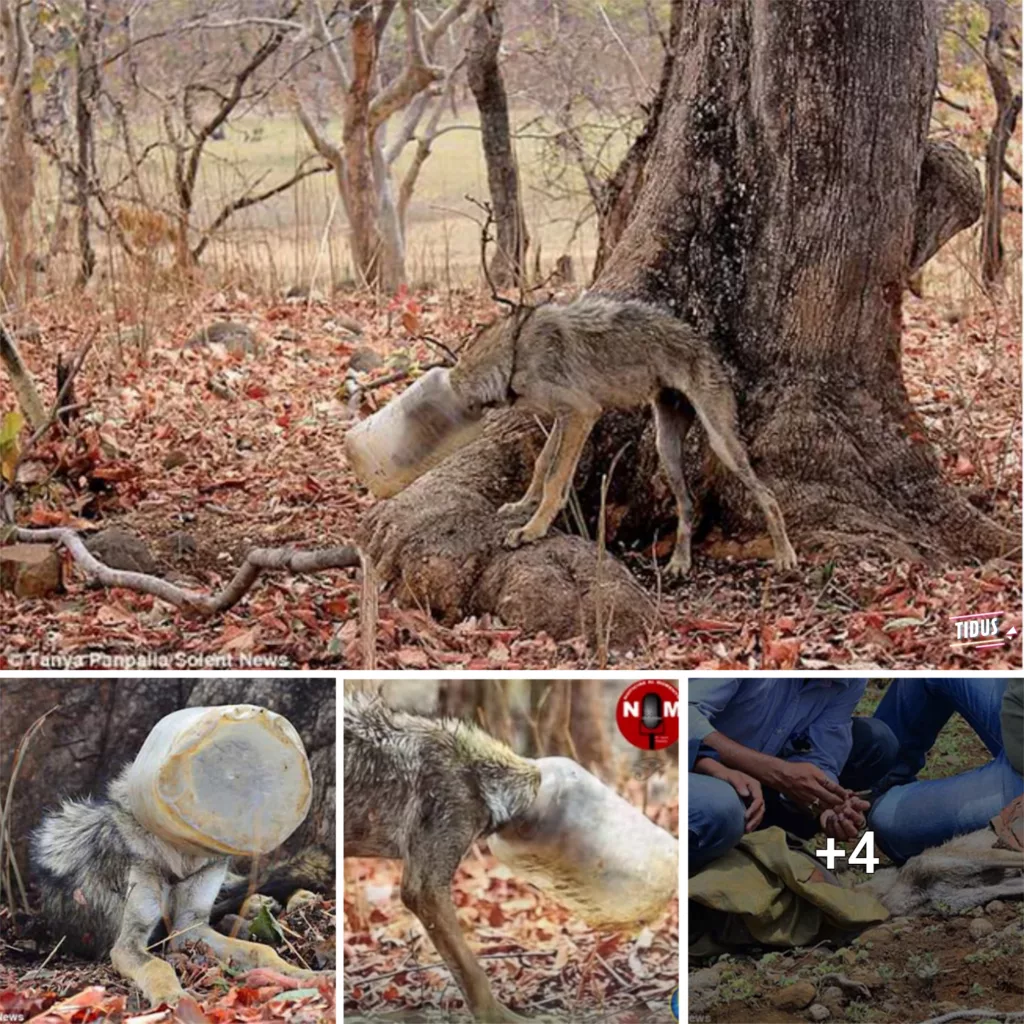Angry Elephant Attacks One-Week-Old Calf in South African National Park
In a shocking incident at a South African national park, an angry elephant attackedaone-week-old calf. The incident took place in front of horrified onlookers, who tried to intervene and save the young animal.

According to eyewitnesses, the elephant, a bull in musth (a state of heightened aggression in male elephants), charged at the calf and knocked it down. The calf’s mother tried to intervene, but she was no match for the enraged elephant. The bull continued to attack the helpless calf, causing severe injuries.

Thankfully, a group of tourists and park rangers who were nearby heard the commotion and rushed to the scene. They managed to distract the elephant and stop the attack, allowing the calf and its mother to escape.
The incident has raised concerns about the safety of visitors to the national park, as well as the welfare of the park’s elephant population. Musth is a natural phenomenon in male elephants, but it can lead to aggressive behavior that puts both animals and humans at risk.

Park officials have urged visitors to exercise caution when encountering elephants in the park, and to report any unusual behavior to park rangers immediately. They have also reassured the public that measures are in place to monitor the health and behavior of the park’s elephants, and to intervene if necessary to protect both animals and humans.
This incident serves as a reminder of the power and unpredictability of wild animals, and the importance of respecting their space and behavior. While it is tragic that the calf was injured, we can be grateful that the quick actions of park officials and concerned citizens prevented a more catastrophic outcome.

The incident highlights the importance of understanding the behavior of wild animals and taking necessary precautions when visiting national parks. While elephants are known for their intelligence and social behavior, they are also powerful animals that can be unpredictable and dangerous in certain situations.

The South African national park where the attack occurred is home to a large population of elephants, and park officials have implemented measures to protect both the elephants and visitors. However, incidents like this serve as a reminder that there is always a level of risk when interacting with wild animals.
It is important for visitors to national parks to follow guidelines and regulations set by park officials, and to always be aware of their surroundings. This includes keeping a safe distance from wildlife andaoiding behaviors that may provoke an animal.
While the incident is undoubtedly tragic, it also highlights the bravery and quick thinking of the tourists and park rangers who intervened to save the young calf. Their actions demonstrate the importance of working together to protect wildlife and ensure the safety of all visitors to national parks.
In conclusion, the attack by an angry elephant on a one-week-old calf in a South African national park is a tragic reminder of the unpredictability of wild animals. Park officials and concerned citizens must continue to work together to protect both animals and visitors to national parks, and visitors must take precautions to ensure their safety when encountering wildlife.



